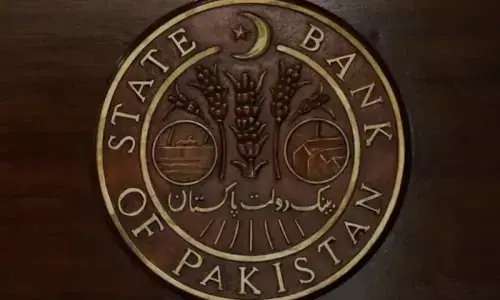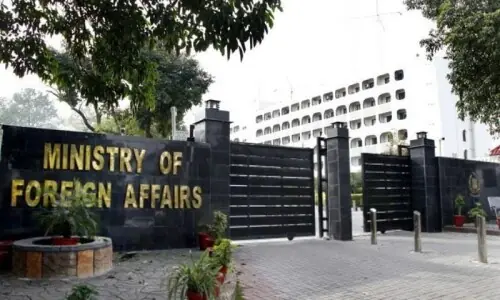RAHIM YAR KHAN: Balochistan on Wednesday marked the certification of Pakistan’s first organic cotton bale at a ceremony held at Kot Sabzal.
Balochistan’s Minster for Agriculture Engineer Zamrak Khan said the provincial government was committed to promoting organic agriculture throughout the province.
He further said that Balochistan would be developing an organic agriculture policy soon.
WWF-Pakistan Director General Hamad Naqi Khan said, “We have made a major breakthrough in the cotton sector of the country that will benefit stakeholders and the overall economy of Pakistan.”
In his remarks, Secretary Agriculture Balochistan Khaleeq Nazar Kiyani appreciated the efforts of WWF-Pakistan and the Agriculture Extension team.
“The certification is a step towards a more sustainable Pakistan. Production of organic cotton will propel the cotton sector into a new direction,” he said.
Later, a consultative workshop was conducted in which representatives from ginners, spinners, textiles, brokers and brands participated and presented their concerns regarding development of a tenable supply chain of organic cotton in Pakistan.
WWF-Pakistan’s Director Sustainable Agriculture and Food Programme Arif Hamid Makhdum conducted the introductory session.
Going Organic
In 2015, WWF-Pakistan secured financial support from the C&A Foundation, and in collaboration with Balochistan’s Directorate of Agriculture Extension started work on a project titled ‘Organic Cotton Cultivation Promotion with Small and Marginal Tribal Farmers in Pakistan’.
The project is helping improve livelihoods of smallholder cotton farmers by promoting organic cotton cultivation and development of its supply chain.
Organic cotton is grown without using any chemical fertilisers or pesticides and is cultivated on land that is detoxified from residues of chemical fertilisers and pesticides over a period of at least three years.
Seeds used to grow organic cotton are not genetically modified and are kept clean from chemical impurities during processing and packaging.
If the cotton crop produced adheres to the standards of organic cotton farming in its initial two years, it is called in conversion cotton. By the third year, the yield is certified as organic cotton.
Pakistan is the fifth largest producer of cotton in the world and the third largest exporter of raw cotton.
Cotton and its products contribute about 10 per cent to gross domestic product and 55pc to the foreign exchange earnings of the country.
Published in Dawn, January 31st, 2019


































